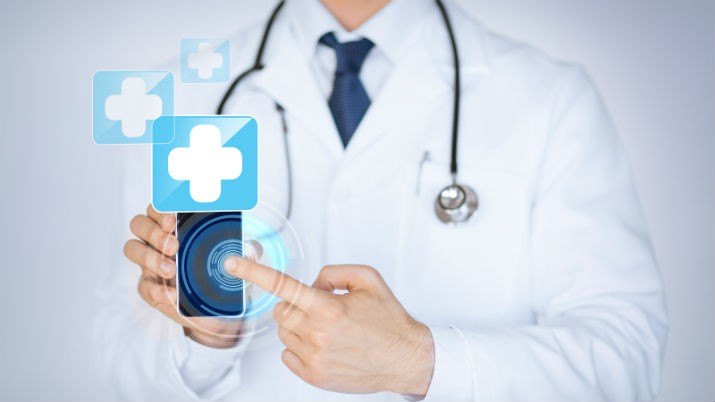
The medical world has come a long way in the past 100 years. From the advent of anesthesia to open-heart surgery, advances in the medical field are usually coupled with emerging technology. Whether a patient is comfortable at home or currently in the hospital, there are several devices that are making medical care easier than ever. Managing chronic diseases and dealing with aging has never been so simple.
Safe Home Living
More seniors than ever are living at home as they enter their 70s and 80s. They can remain safe and comfortable at home because of smart technology integrated into their household’s systems. With one touchscreen device, seniors can alter the room’s temperature and lighting. They can control music, alarms and televisions too. There’s no need for the senior to move around too much because of these wireless connections.
Automatic Accident Alerts
Whether an aging person is in the hospital or at home, falls are real dangers to his or her health. Broken bones and concussions are common when falls occur in the later years. Technology offers sensors that attach to beds or the person’s clothing. If that person moves into a standing position and falls, medical personnel or loved ones are immediately notified. The senior doesn’t have to waste energy and contact anyone on their own. The sensors perform all of the work.
Doctors Connecting with Patients
A concerning gap within the medical industry is patient retention. A doctor might see a person for an ear infection, but they don’t return for a physical or followup. Today’s software technology allows patients to receive Solutionreach patient engagement reminders about their next appointment on their cellphones. These reminders may also be sent with valuable health information in order for patients to be more engaged with their own care.
Chronic Ailment Solutions
Testing your own blood each day for sugar levels is a frustrating part of being diabetic. Some patients simply forgo the testing because it’s painful. However, they put their health in danger with this habit. Medical care is easier because of technology that can “read” the blood with just a patch on the arm. Patients and doctors alike will know sugar levels at any time with this advancement.
All of the technologies in the world cannot help patients if they aren’t honest about their daily habits. There must still be a strong relationship between doctors and patients in order for the care to remain accurate and beneficial. In the end, patients can have a long life with fewer ailments hindering their days.
Anica Oaks
Recent Posts
- Castor Oil For Better Hair Growth: Is It Myth Or Fact?
- Exploring the Differences Between Sermorelin, Ipamorelin, Ibutamoren, GHRP2, and GHRP6: Understanding Their Role in Human Growth Hormone Regulation
- Unraveling the Mystery: Understanding the Causes and Prognosis of Ventricular Tachycardia Without Apparent Heart Disease
- Understanding Grandparents’ Rights in Oklahoma: Navigating Visitation and Legal Protections
- 10 Reasons to Consider Hypnotherapy for Your Health

